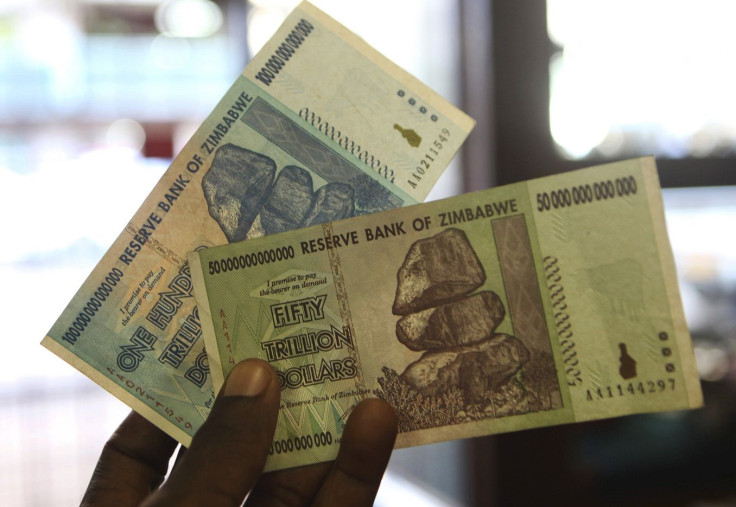Africa Signs Pact Creating Biggest Free Trade Zone In The Continent Aimed At Removing Trade Barriers

In a bid to remove trade barriers, Africa is creating the biggest free trade zone in the continent. The agreement was made on the creation of the Tripartite Free Trade Area, which was expected to spur better trade from African nations to the rest of the world, last Wednesday.
BBC reports the agreement was signed by 26 African countries in Egypt and would be the subject of negotiations during the African Union summit. Kenyan academic Calestous Juma told BBC that the move would spur trade within Africa.
"The comparison with Europe is 70 percent of their trade is within Europe, by having larger markets, it signals the possibility of being able to manufacture products at a scale that is cost-effective,” he added.
The signing of the pact is a good start, but it still needs to be ratified by each country. The African countries want it established by 2017. “There’s been talk about the continental free trade agreement for many, many years, but it’s been more like a shibboleth that shows you’re committed to regional integration on the continent,” Christopher Wood was quoted by the New York Times as saying.
The African nations who have signed the agreement wanted to undo trade barriers that will make prices of goods more competitive and spur US$1 trillion [$1.3 trillion] potential revenues in the continent with 600 million people. The nations with a free trade zone are aiming to expand their economies, which have been falling behind with the rest of the world.
The move has been praised by many nations, which see the effort as African nations stay at par with the other economies in the world. African countries face many hurdles in its economic development ranging from global uncertainty, conflict, climate change, and infectious diseases. Despite these, economic development in the nations can be achieved, as the continent is known for its vast resources such as agriculture and mining.
Africa, which is the second largest continent in the world, has a vast land rich in mineral resources. In fact, its mineral industry is one of the biggest in the world. According to 2009 Africa Mining Vision report, the continent is rich with minerals that include bauxite, chromium, cobalt, gold, manganese, phosphate, platinum, group metals (PGMs) and titanium, as well as diamonds. Africa also contributes to the world’s production of copper, iron ore, coal, uranium and petroleum.
The report laid out the obvious--that there is an increase demand for mineral commodities and mining companies will be able to capitalize on this surge. It added global demand had increased mostly due to China’s economic growth, saying that from the period from 2000 to 2007, China doubled its demand for aluminium, copper and zinc while demand for nickel was quadruple.
Africa needs to ramp up its mining sector in order to compete with emerging companies from the rest of the world like Russia and Australia. Newcomer Amur Minerals Corporation (London AIM: AMC) is a developing mineral exploration company focused on base metal projects in the far east of Russia. It has started to make a name in the global mining industry due to its promising Kun-Manie nickel-copper sulphide project.
The ambitious goal to create a free trade zone that spans many nations in Africa, can help boost companies’ opportunities to grow and flourish, including the mining sector.
Contact the writer: a.lu@ibtimes.com.au





















